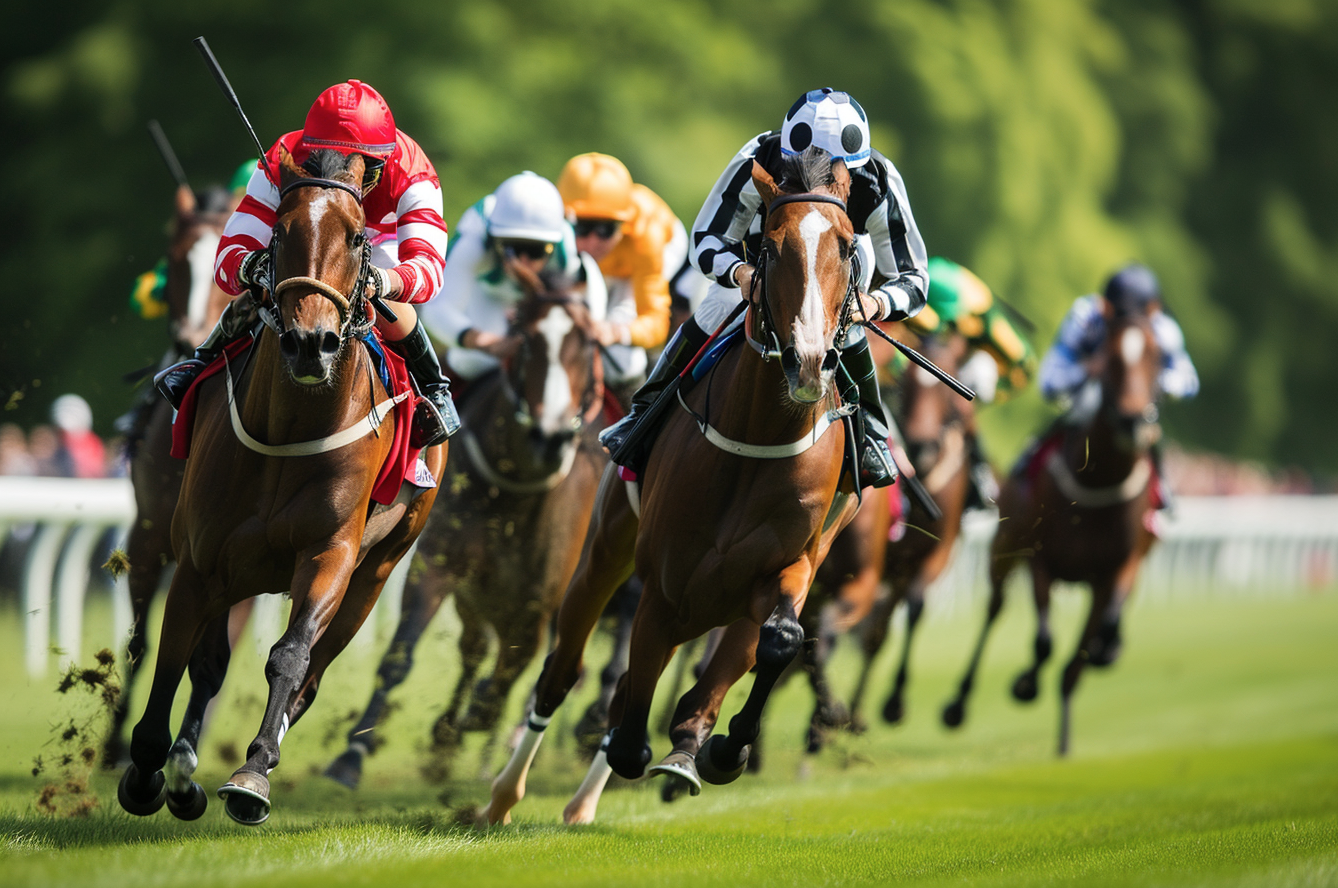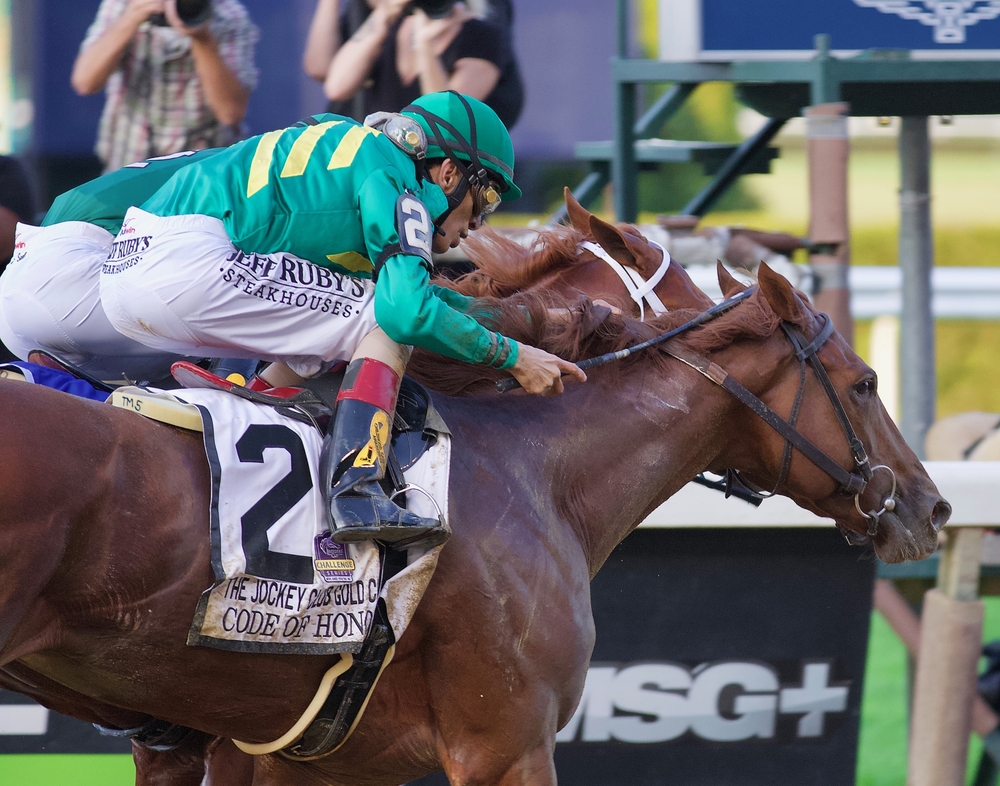Bookmakers are responsible for setting the limits on how much a bettor can wager on a particular event. These limits are put in place to protect the bookmaker from excessive losses and to ensure that they can continue to operate profitably. However, the process of determining these limits is not always straightforward and can vary depending on a number of factors.
One of the key factors that bookmakers consider when setting betting limits is the level of risk associated with a particular event. For example, if a particular outcome is highly likely to occur, the bookmaker may set a lower limit on the amount that can be wagered on that outcome. Conversely, if an outcome is seen as more uncertain, the bookmaker may allow higher bets in order to balance their risk. Other factors that can impact betting limits include the size of the bookmaker’s overall book, the number of bets already placed on a particular event, and the available liquidity in the market.
Understanding Betting Limits
Bookmakers use betting limits to protect themselves from large liabilities and ensure a profit. A betting limit is the maximum amount that a bookmaker will allow a punter to wager on a particular event. The limit can vary depending on the sport, the market, the bookmaker, and the punter’s betting history.
Bookmakers set their betting limits based on several factors, including the odds, the market, and the bettor’s history. They use complex algorithms to calculate the implied probability of an event and adjust the odds accordingly. This ensures that they maintain a margin, which is the difference between the odds and the true probability of an event occurring.
Betting limits also help bookmakers manage their risk. If they accept too many bets on one outcome, they could be liable for a large payout if that outcome occurs. By setting limits, they can limit their liability and ensure that they make a profit regardless of the outcome.
It is essential to note that bookmakers can change their limits at any time. They can increase or decrease the limit based on the market, the punter’s history, or their own risk management strategy. It is also important to understand that betting limits can vary between bookmakers. Some bookmakers may have higher limits than others, depending on their risk appetite.
In summary, betting limits are an essential tool for bookmakers to manage their risk and ensure a profit. They are based on several factors, including the odds, the market, and the punter’s history. It is crucial for punters to understand the limits set by bookmakers and to manage their own betting accordingly.
Different Types of Odds
Fractional Odds
Fractional odds are the most common odds format in the UK. They are represented as a fraction and indicate the amount of profit you will make on a bet compared to your stake. For example, if the odds are 5/1, you will make a profit of $5 for every $1 you bet.
Decimal Odds
Decimal odds are the most common odds format in Europe, Canada, and Australia. They are represented as a decimal number and indicate the total amount that will be returned on a winning bet, including the original stake. For example, if the odds are 2.50, you will receive $2.50 for every $1 you bet.
American Odds
American odds are the most common odds format in the US. They are represented as a positive or negative number and indicate the amount of money you need to bet to win $100 or the amount of money you will win on a $100 bet. For example, if the odds are +150, you will win $150 on a $100 bet, and if the odds are -150, you will need to bet $150 to win $100.
Moneyline Odds
Moneyline odds are similar to American odds and are commonly used in the US for sports betting. They are represented as a positive or negative number and indicate the amount of money you need to bet to win $100 or the amount of money you will win on a $100 bet. For example, if the odds are +150, you will win $150 on a $100 bet, and if the odds are -150, you will need to bet $150 to win $100.
Overall, understanding the different types of odds is important for any bettor. Each format has its own advantages and disadvantages, and it’s up to the individual to choose which one they prefer.
Role of Bookmakers in Determining Betting Limits
Odds Compilers
Bookmakers employ professional odds compilers who analyze sports matches and determine the odds. They take into account various factors such as team/player form, injuries, weather, and historical performance. Odds compilers aim to set odds that will attract equal amounts of money on both sides of the bet, ensuring that the bookmaker makes a profit regardless of the outcome.
Liability and Profitability
Bookmakers must manage their liability, which is the amount of money they stand to lose on a particular outcome. They do this by adjusting the odds and betting limits. If a bookmaker takes too much money on one side of a bet, they may reduce the betting limit or adjust the odds to encourage more betting on the other side. Bookmakers also aim to make a profit by setting odds that are slightly in their favor. They do this by including a margin in the odds, which represents their potential profit.
Betting Exchanges
Betting exchanges have disrupted the traditional bookmaking industry by allowing customers to bet against each other rather than against the bookmaker. This means that betting limits are determined by the customers rather than the bookmaker. However, bookmakers still play a role in determining the maximum payout that they are willing to offer on a particular bet. This is known as the maximum liability and is determined based on the bookmaker’s risk management strategy.
In conclusion, bookmakers play a crucial role in determining betting limits. They employ professional odds compilers to set odds that are in their favor while managing their liability and ensuring profitability. Betting exchanges have disrupted the industry, but bookmakers still play a role in determining maximum payouts.
Influence of Sporting Events on Betting Limits
Sports events have a significant impact on the betting limits set by bookmakers. The popularity of a particular sport or event can directly affect the amount of money that a bookmaker is willing to accept as a bet. For example, a premier league football match may have a higher betting limit than a lower league or obscure league match. Similarly, a horse race or tennis match may have a lower betting limit than a football match due to its lower popularity.
Another factor that can influence betting limits is the home team advantage. Bookmakers may be more cautious when setting limits for matches where the home team has a significant advantage over the visiting team. This is because such matches are more likely to attract a large number of bets, and the bookmaker may want to limit their exposure to potential losses.
Elections can also have an impact on betting limits. Bookmakers may set lower limits for political events as they are unpredictable, and the outcome of an election can be influenced by factors beyond the control of the bookmaker.
In Australia, where sports betting is legal, bookmakers are required to set limits on the amount of money that can be bet on a single event. These limits are set by the government and are designed to protect consumers from excessive gambling.
In conclusion, sports events, elections, and the popularity of a sport or event can all influence the betting limits set by bookmakers. It is important for bettors to be aware of these factors when placing their bets to ensure that they are not limited by the bookmaker’s restrictions.
Understanding Betting Terminology
To understand how bookmakers determine betting limits, it’s important to first understand some common betting terminology. Here are a few key terms to know:
- Vig: Short for “vigorish,” this is the commission that bookmakers charge for taking bets. It’s typically a percentage of the total amount wagered.
- Punters: This is another word for bettors or gamblers.
- Betfair: Betfair is a popular online betting exchange where users can bet against each other, rather than against a bookmaker.
- Overround: This is the bookmaker’s profit margin, calculated by adding the implied probabilities of all possible outcomes together and converting them to odds. The resulting odds will always be greater than 1, which means that the bookmaker will make a profit regardless of the outcome.
- Implied probabilities: These are the probabilities of each possible outcome of an event, as implied by the odds offered by the bookmaker.
- Bookmaker margin: This is another term for the overround or profit margin.
- Vigorish: Another term for the bookmaker’s commission or vig.
- American: This is a type of odds format that is commonly used in the United States. It’s also known as moneyline odds.
- Formula: There are various formulas that bookmakers can use to calculate odds and determine betting limits.
- Payout: This is the amount of money that a bettor will receive if their bet is successful.
- Turnover: This is the total amount of money that is wagered on a particular event.
- Double: This is a type of bet where the bettor must correctly predict the outcome of two separate events.
- Profit margin: Another term for the bookmaker’s overround or profit margin.
- Over-round: Another term for the bookmaker’s profit margin or overround.
- Odds calculated: Bookmakers use various factors to calculate odds, including the weight of money, historical data, and expert analysis.
- Bookies make money: Bookmakers make money by setting odds that are in their favor, and by taking a commission on all bets.
- Weight of money: This refers to the amount of money that is being wagered on each possible outcome of an event.
- Long-term: Bookmakers aim to make a profit over the long-term, rather than on individual bets.
- Pricing: This refers to the process of setting odds for an event.
- Variables: There are many variables that can affect the outcome of an event, including weather conditions, injuries, and form.
- Equal chance: Bookmakers aim to offer odds that reflect the true probability of each possible outcome, so that each outcome has an equal chance of occurring.
- Best odds: Bettors should always shop around for the best odds, as even small differences in odds can make a big difference to long-term profits.
- Long-term profit: Bettors should focus on making a long-term profit, rather than trying to win big on individual bets.
- Yield: Yield is a measure of a bettor’s long-term profitability, calculated as the total profit divided by the total amount wagered.
Impact of Betting Patterns and Strategies
Betting patterns and strategies can have a significant impact on bookmakers’ decisions to adjust betting limits. Bookmakers use a variety of tools to monitor betting patterns and limit exposure to risk. They analyze the betting behavior of their customers to determine the likelihood of a particular outcome and adjust the odds and betting limits accordingly.
Match-fixing is a significant concern for bookmakers, and they use sophisticated algorithms to detect unusual betting patterns that may indicate match-fixing. If a bookmaker suspects match-fixing, they may lower the betting limits or suspend betting on the event altogether.
Betting systems and strategies can also impact betting limits. Some betting systems, such as the Martingale system, involve doubling the wager after each loss, which can quickly lead to large bets. Bookmakers may limit the maximum bet size to prevent customers from using these systems effectively.
It’s important to note that bookmakers’ decisions to adjust betting limits are not always based on the betting patterns and strategies of their customers. Other factors, such as the number of bookmakers offering odds on an event, can also impact betting limits. Customers can shop around and compare betting limits from different bookmakers or use a betting broker to access multiple bookmakers’ odds.
Betting exchanges, such as Betfair, allow customers to place wagers against each other rather than against the bookmaker. In this case, the odds compiler sets the odds, and customers can place bets up to the available liquidity. The betting exchange does not set betting limits, but the liquidity available for a particular event may limit the maximum bet size.
In summary, bookmakers use a variety of tools to monitor betting patterns and adjust betting limits accordingly. Betting systems and strategies can impact betting limits, but other factors, such as the number of bookmakers offering odds and the availability of liquidity on betting exchanges, can also play a role. Customers can shop around and use betting brokers to access multiple bookmakers’ odds and betting limits.
Frequently Asked Questions
How do bookmakers calculate odds?
Bookmakers calculate odds using a variety of factors, including the probability of an event occurring and the amount of money wagered on each outcome. They also take into account their own profit margins, which can vary depending on the sport and the specific event.
Can betting sites ban you for winning too much?
Yes, some betting sites may ban or limit your account if you consistently win too much money. This is because bookmakers are in the business of making money, and they may view consistently winning customers as a threat to their profits.
How much can you win before bookies ban you?
There is no set amount that will trigger a bookmaker to ban or limit your account. It depends on the specific bookmaker and the amount of money they are comfortable with you winning. However, if you consistently win large amounts of money, you may be at risk of having your account limited or banned.
How do bookies set odds for horse racing?
Bookies set odds for horse racing by analyzing a variety of factors, including the horse’s past performance, the jockey’s skill, and the track conditions. They also take into account the amount of money wagered on each horse, as this can affect the odds.
Can sportsbooks limit your bets?
Yes, sportsbooks can limit the amount of money you are allowed to bet on a given event. This is typically done to manage their own risk and prevent large losses. If you consistently win large amounts of money, you may be more likely to have your bets limited.
Is there a limit to how much you can bet?
Yes, there is typically a limit to how much you are allowed to bet on a given event. This limit can vary depending on the specific bookmaker and the event in question. If you attempt to place a bet that exceeds the limit, you may receive an error message or be prompted to contact customer support.





